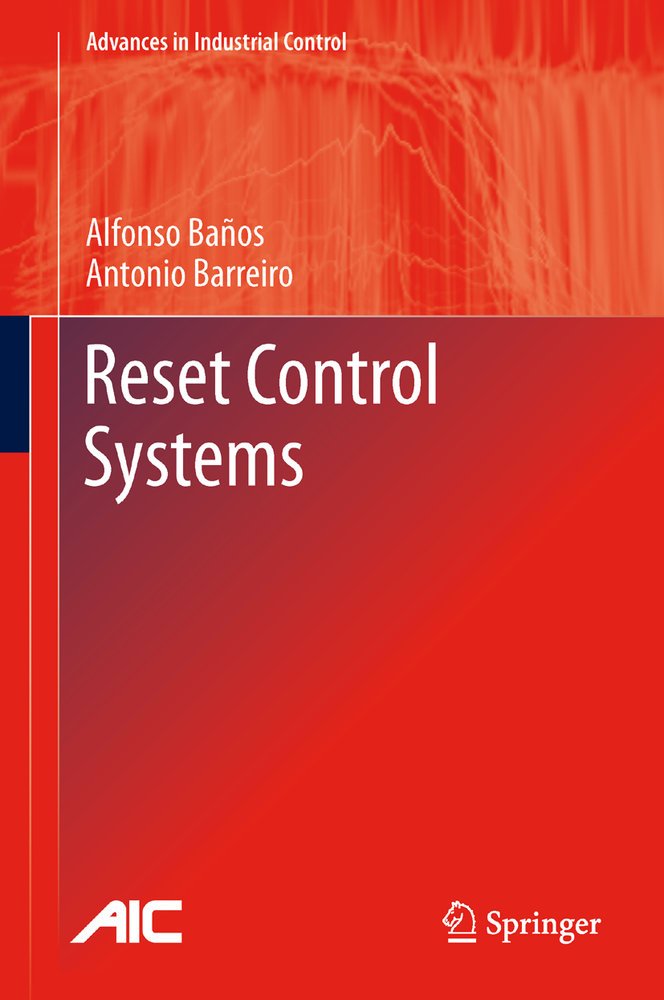Reset Control Systems addresses the analysis for reset control treating both its basic form which requires only that the state of the controller be reinitialized to zero (the reset action) each time the tracking error crosses zero (the reset condition), and some useful variations of the reset action (partial reset with fixed or variable reset percentage) and of the reset condition (fixed or variable reset band and anticipative reset). The issues regarding reset control - concepts and motivation; analysis tools; and the application of design methodologies to real-world examples - are given comprehensive coverage.
The text opens with an historical perspective which moves from the seminal work of the Clegg integrator and Horowitz FORE to more recent approaches based on impulsive/hybrid control systems and explains the motivation for reset compensation. Preliminary material dealing with notation, basic definitions and results, and with the definition of the control problem under study is also included. The focus then turns to stability analysis for systems with and without time-delays using techniques which account for time- and frequency-domain criteria; here the main results range from reset-time-independent to reset-time-dependent for systems without time delay, and from delay-independent to delay-dependent for systems with time delay. The final section of the book is centered on control systems design and application. The PI+CI compensator is detailed as are a proposed frequency domain approach using quantitative feedback theory and ideas for design improvement. Design examples are given and the uses of reset control for temperature control in a heat exchanger, for internet teleoperation and for the control of solar collector fields are described to show the reader the advantages of reset control in practice.
Academic researchers and graduate students working in control systems, especially hybrid and impulsive systems, and industrialpractitioners interested in innovative applications of control will find the techniques put forward in Reset Control Systems to be attractive both for their combination of efficacy and simplicity and for the range of real-world systems for which they are relevant.



